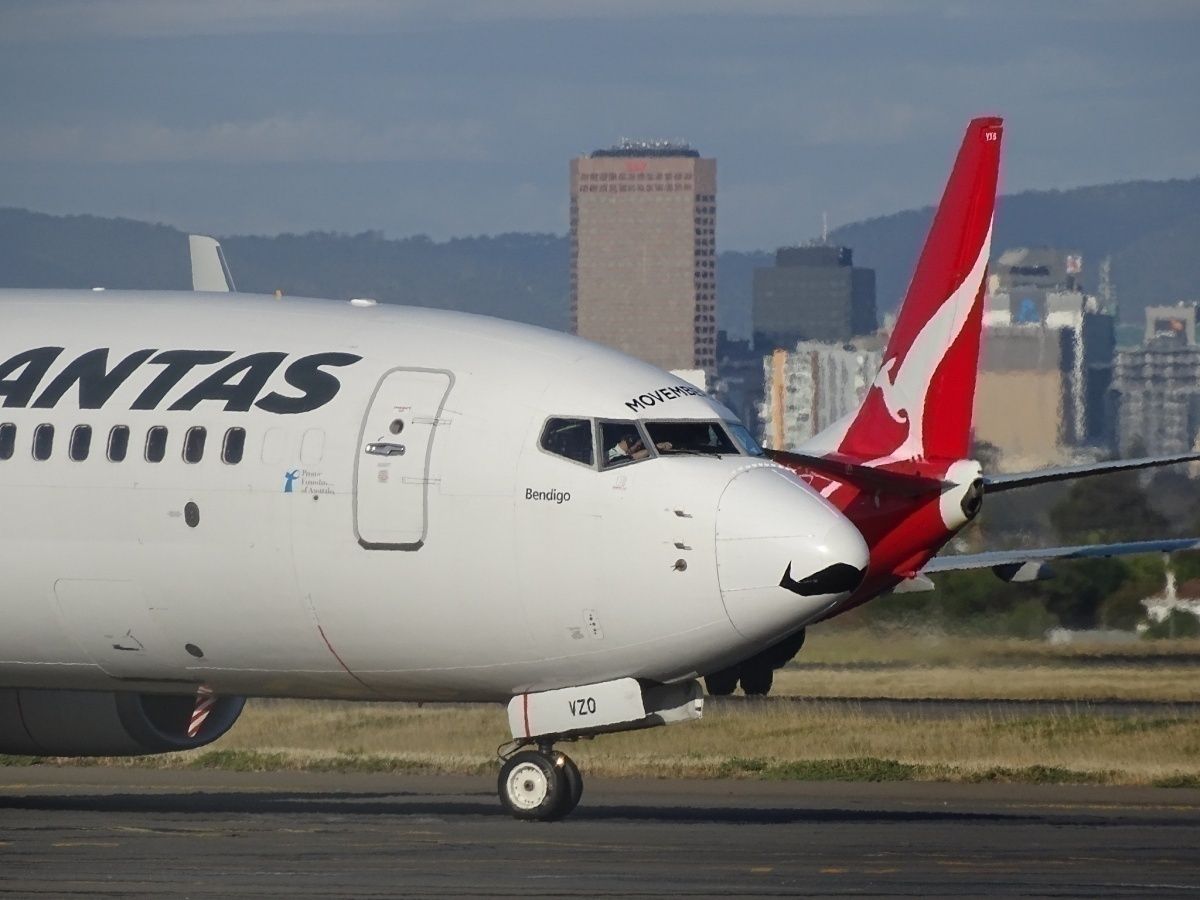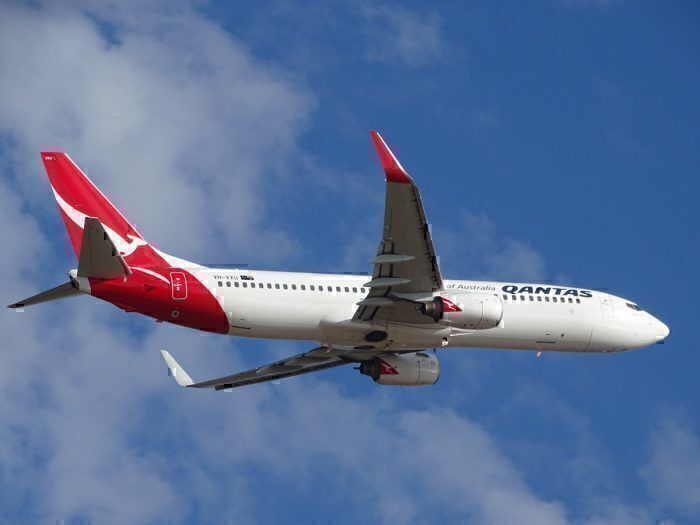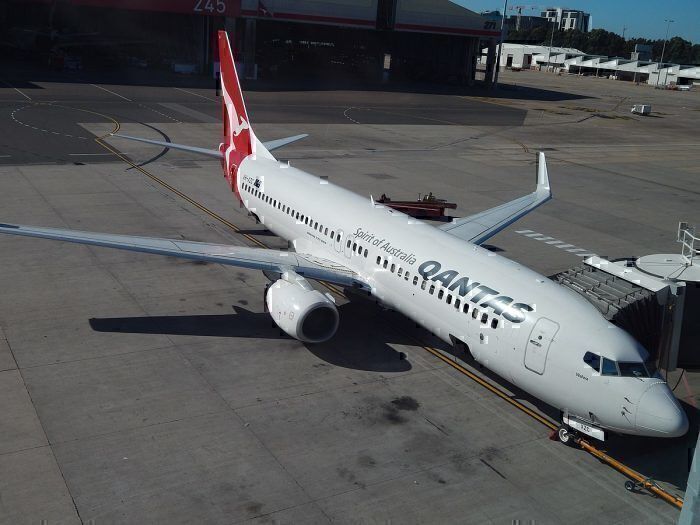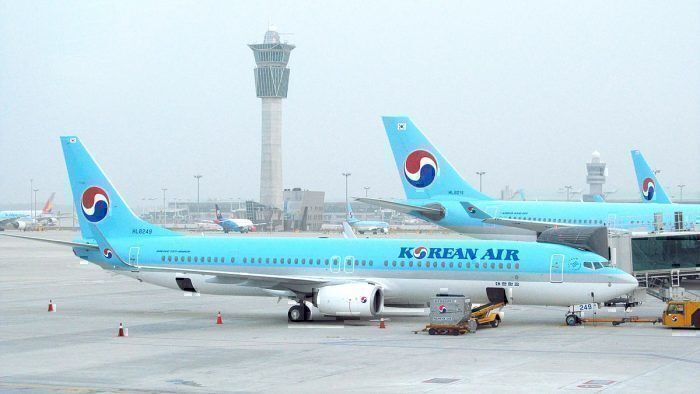Qantas engineers are claiming that pickle fork cracks have been found in a second Boeing 737 NG. As a result, the Australian Licensed Aircraft Engineers Association (ALAEA) is calling for the airline to ground its entire fleet of 75 aircraft until each one can be inspected individually. Boeing says that out of around 1,000 aircraft inspected so far, just 5% have been found to have cracks.
Engineers call for grounding
Qantas was reportedly inspecting 33 of its 737 NG fleet yesterday in light of the recent concerns about pickle fork cracks. The cracking has been found on older 737 NG aircraft in some other fleets, and involves a structure which is responsible for ensuring the integrity of the wing to fuselage join. Airlines are checking aircraft with over 30,000 flight hours for the issue.
However, Qantas does not have any 737 NG with more than 30,000 flights. Nevertheless, the Australian airline found pickle fork cracks in one of its 737s during a routine inspection. As such, Qantas rolled out a wider investigation to check for the issue.
Although the airline has not admitted as much, the airlines’ engineers have said that cracking has been found on a second aircraft. Specifically, the Australian Licensed Aircraft Engineers Association (ALAEA) is reported by ABC to have alleged cracking was found on a second 737 last night. ALAEA boss Steven Purvinas said.
"These aircraft should not be flying. The area where the crack is takes the load off the wing and all the fuel it carries. As long as Qantas is unaware which aircraft do or don't have cracks, they should ground the entire fleet until they know which are safe to fly."
“Completely irresponsible”
However, the airline assures that the cracks do not compromise safety and have said that the insinuation that it should ground the entire fleet is unreasonable. Qantas engineering boss Chris Snook told ABC,
“These are completely irresponsible comments. We would never operate an aircraft unless it was completely safe to do so.”
Although the FAA’s inspection recommendation is for aircraft with over 30,000 flights, Qantas’ discovery of cracks in a plane with fewer hours led the airline to inspect all aircraft with over 22,600 cycles. This amounted to some 33 individual aircraft, which should all have been inspected by tomorrow morning.
However, the ALAEA is urging Qantas to ground all 75 of its 737 NG in order to check for pickle fork cracks. According to Mr Purvinas, the inspections only take an hour, so he believes it would be easy enough for Qantas to get them all inspected without too much disruption.
Over 1,000 planes have been inspected
A Boeing spokesperson told Reuters today that over 1,000 aircraft which met the threshold for inspections had already had examinations completed. Of these, less than 5% were found to have issues. While those with over 30,000 cycles were called for immediate inspection, Boeing is also now saying that those with more than 22,600 cycles should be inspected within the next 1,000 cycles.
According to Reuters, the manufacturer is considering the implications for planes with less than 22,600 cycles. Boeing said to Reuters that,
“Depending on the results of these assessments, additional inspections or repairs may be required.”
So far, Southwest and Qantas have identified aircraft with cracks, and South Korea has grounded some nine 737 NGs across several airlines due to the issue. Virgin Australia has inspected all 19 of its aircraft and has found no issue, while American Airlines and United are undertaking inspections, but have not found any problems as yet.
Are you worried about pickle fork cracks? Do you think more planes should be grounded and inspected? Let us know in the comments.




